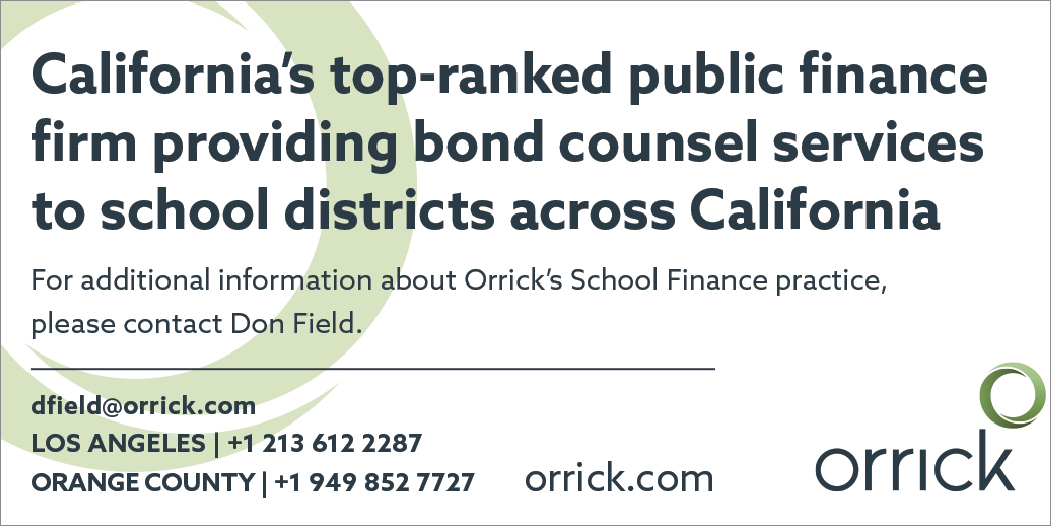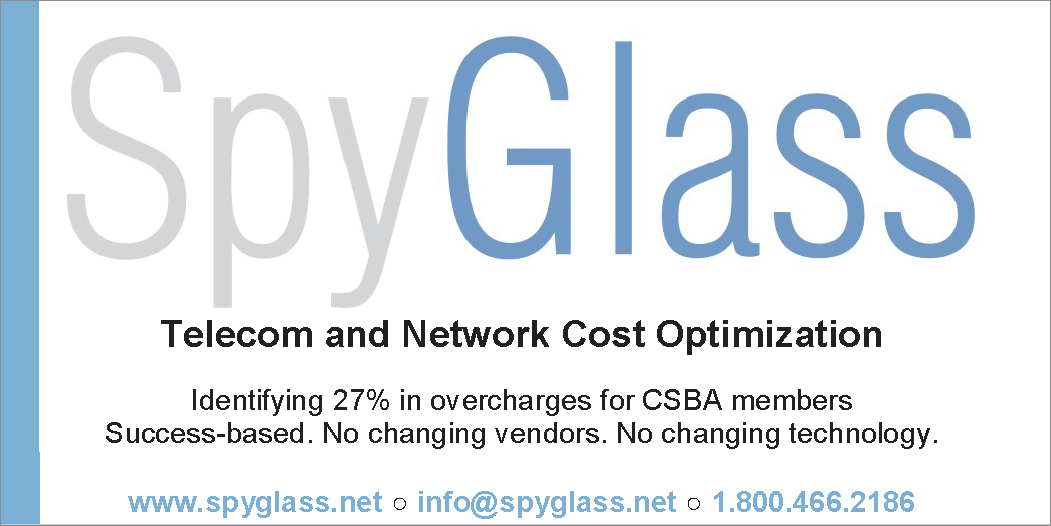

As the usual crop of new bill introductions began its annual deluge at the Capitol, lawmakers in Sacramento spent the first few weeks of the 2020 legislative year hearing legislation held over from 2019 that faced a key January deadline.
On the K-12 education front, the Assembly in January declined to hear Assembly Bill 221 (Garcia, C., D-Bell Gardens), a CSBA-opposed bill that would have prohibited local educational agencies from contracting with a third-party organization to employ teachers, thereby negatively impacting the ability of LEAs to recruit and hire the most effective and most representative candidates available. The measure will not advance in 2020, as the bill was not heard prior to the Jan. 31 deadline for 2019 bills to be heard and passed by the house in which they were introduced.
CSBA is monitoring more than 300 bills introduced prior to the Feb. 21 deadline for the introduction of new legislative proposals, with CSBA’s Legislative Committee approving official positions on more than a dozen of those. Updated CSBA bill positions are available at www.csba.org/positions.
- Visit www.csba.org/Newsroom for links to digital versions of current and past issues of California School News.
- Visit blog.csba.org for the latest in CSBA education news.


School board packets. Inboxes overflowing with newsletters. Local and national publications. Social media. There seems to be no lack of information about education issues. Instead, trustees are more likely to report a different shortage: time. Yet in their role as public officials, it’s essential for trustees to keep current on state and federal laws and policies, as well as to know what other districts and county offices of education are doing to tackle the challenges and opportunities they encounter.
One source of information presented in digestible bites? Podcasts. There’s something for everyone, and that includes board members looking for education news and policy updates. Fortunately, busy trustees will find that most education policy podcast episodes last between 20-30 minutes each. If you’re not sure where to start, there are several podcasts to which trustees can subscribe. Below are just a few to consider:

Senior Director of Communications:
Troy Flint | tflint@csba.org
Managing Editor:
Kimberly Sellery | ksellery@csba.org
Marketing Director:
Serina Pruitt | spruitt@csba.org
Staff Writers and Contributors:
Andrew Cummins | acummins@csba.org
Alisha Kirby | akirby@csba.org
Aaron Davis | adavis@csba.org
Diane Greene | dgreene@csba.org
Bode Owoyele | bowoyele@csba.org
Graphic Design Manager:
Kerry Macklin | kmacklin@csba.org
Senior Graphic Designer:
Mauricio Miranda | mmiranda@csba.org
Xilonin Cruz-Gonzalez | Azusa USD
President-elect:
Suzanne Kitchens | Pleasant Valley SD
Vice President:
Susan Heredia | Natomas USD
Immediate Past President:
Emma Turner | La Mesa-Spring Valley SD
CEO & Executive Director:
Vernon M. Billy
California School News (ISSN 1091-1715) is published 11 times per year by the California School Boards Association, Inc., 3251 Beacon Blvd., West Sacramento, CA 95691. 916-371-4691. $4 of CSBA annual membership dues is for the subscription to California School News. The subscription rate for each CSBA nonmember is $35. Periodicals postage paid at West Sacramento, CA and at additional mailing office. POSTMASTER: Send address changes to California School News, 3251 Beacon Blvd., West Sacramento, CA 95691.
News and feature items submitted for publication are edited for style and space as necessary.


As school board members and education leaders, we all agree that every student counts. That mantra will be put to the test this month as invitations to complete the 2020 U.S. Census begin arriving in mailboxes. While U.S. Census Bureau and California officials will ramp up their outreach efforts in the coming weeks, we also play a key role in making sure school-aged children are not forgotten. Traditionally, some of our youngest citizens have not been counted.
The U.S. Supreme Court ruled last year that the census will not include a question about the status of a person’s citizenship. This is an important development worthy of repeating to our communities, especially as California’s schools serve an estimated 750,000 students who live with at least one undocumented parent. That’s one in eight of the state’s students. Therefore, it is imperative that we, as public school leaders, help alleviate concerns among our parents and communities by reassuring them that census information may not be used in a punitive manner or shared with law enforcement agencies.

President
Azusa USD

President-elect
Pleasant Valley SD
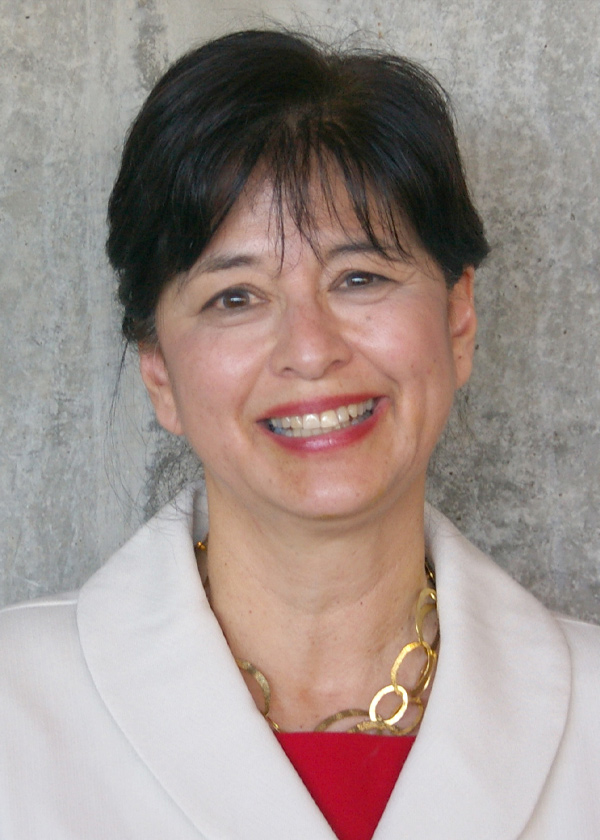
Vice President
Natomas USD

Immediate Past President
La Mesa-Spring Valley SD
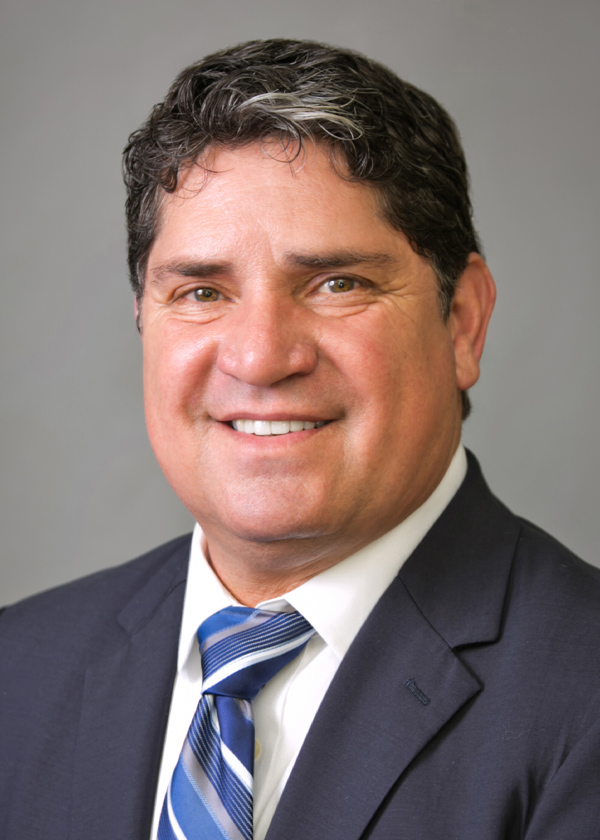
Region 1
Del Norte County USD

Region 2
Siskiyou COE

Region 3
Vallejo City USD

Region 4
Roseville Joint
Union HSD
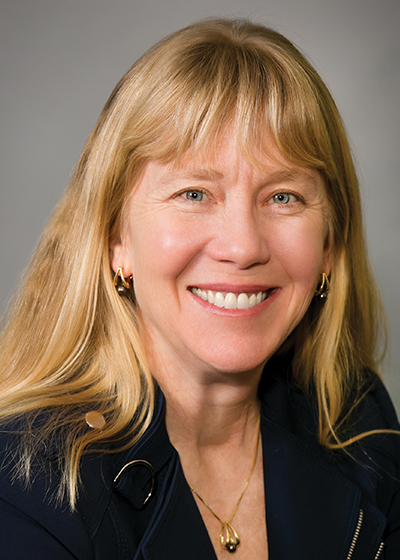
Region 5
Redwood City SD

Region 6
Sacramento City USD

Region 7
Liberty Union HSD

Region 8
Lammersville USD
![]() GovernanceCorner Practical tips from our MIG faculty
GovernanceCorner Practical tips from our MIG faculty
When used effectively, a superintendent evaluation can be a communication tool between the board and superintendent. The evaluation is how the board and superintendent measure the district’s progress in accomplishing the goals that will help the district realize its vision. When boards can focus on the goals and vision, they are better able to move the needle on student achievement.

In L.F. v. Lake Washington School District #414, a parent of two daughters sued the district, claiming that the district’s imposition of a communication plan that restricted the parent’s interactions with school personnel violated the parent’s First Amendment rights.
At the trial court, the district contended that the parent had engaged in a pattern of “sending incessant emails to staff accusing them of wrongdoing, making presumptuous demands, leveling demeaning insults, … and in face-to-face interactions, acting in an aggressive, hostile, and intimidating manner.” Accordingly, the district developed a communication plan to address the unproductive communication pattern. Substantively, the communication plan limited the parent’s communications with the district about his children to bi-weekly, in-person meetings with two district administrators and advised the parent to refrain from emailing or communicating with other district employees. By its terms, the communication plan did not apply to an emergency and did not affect the parent’s right to appeal a decision affecting his daughters’ education, accessing school records or attending school activities.

Effective July 1, 2020, Assembly Bill 1505 will bring the most extensive changes to the Charter Schools Act since it was enacted in 1992, including significant revisions to the processes, timelines and criteria for authorizing and renewing charters. Many of these amendments address concerns that were raised by CSBA’s Charter School Task Force in its 2018 report, Uncharted Waters: Recommendations for Prioritizing Student Achievement and Effective Governance in California’s Charter Schools.
Timelines for public hearings for charter authorization and renewal have been extended. Within 60 days of the date that the petitioner submits the charter school petition to the district or COE office, a public hearing must be held to determine the level of support for the petition by teachers, other employees and parents/guardians. The board’s final decision to grant or deny the petition must be made at a public hearing within 90 days of the receipt of the petition.
To help inform members about the new platform, California School News reached out to Naomi Eason, CSBA Assistant Executive Director, Member Services.
CSNews: First off, what should CSBA members know about the key features of the expanded Online Learning Center?
The new platform offers access to learning 24/7 from the comfort of your home. It features a breadth and depth of content developed specifically for California board members with an emphasis on best practices related to governance, the primary role of our members.
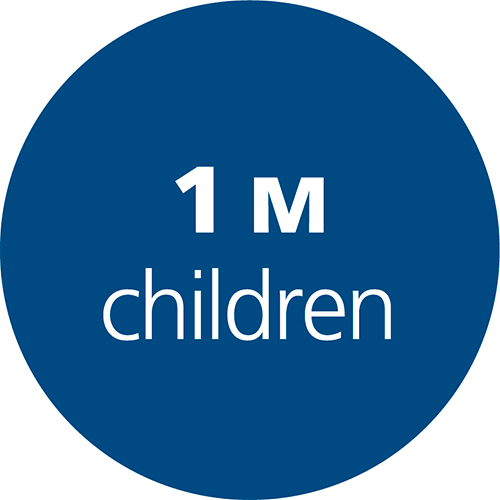
The Opportunity Academy serves students who have previously separated from school or have been unsuccessful in school, desire a high school diploma and will benefit from support with employment readiness and obtaining employment. Opportunity Academy utilizes an independent studies format with blended-learning models, incorporating computer-based curriculum, small group instruction, independent and classroom-based study options.
March 13–14 | Cerritos
Masters in Governance Courses 1 & 2
March 15–16 | Sacramento
CCBE County Board Governance Workshop
March 17 | Sacramento
Legislative Action Day
March 20–21 | Cerritos
Masters in Governance Courses 3 & 4
March 26–27 | West Sacramento
Masters in Governance Couses 1 & 2
March 27 | Santa Rosa
The Brown Act
March 28 | Santa Rosa
Masters in Governance Course 5



